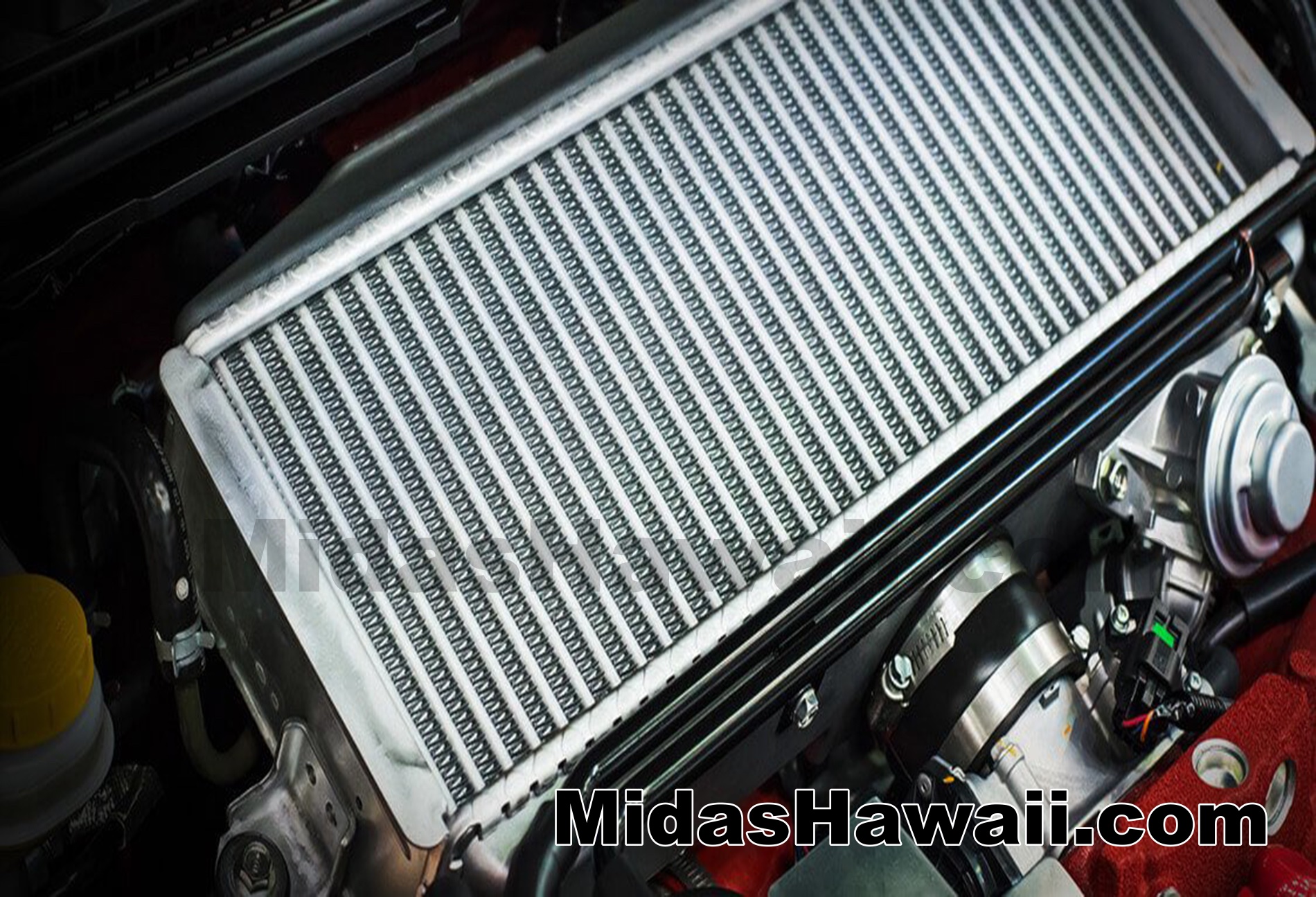Radiator Leak
- Tweet
Back to the top
FAQ LEGEND
Back to the top
Radiator Leak Questions
A. Here are the top signs that your vehicle has a radiator leak:
- Radiator fluid under your vehicle or around radiator parts and hoses - Radiator fluid is green, orange, or red and often has a sweet smell.
- Coolant light or other dashboard alert is on - Check your vehicle owner's manual to learn exactly which radiator-related situations will trigger your dashboard alert.
- Overheating - Best case scenario: you notice a rise on your temperature gauge before you're stranded at the side of the road.
- Low coolant level - You should be able to see whether your coolant is up to the "Full" line on your coolant reservoir -- without opening the reservoir.
A. Some common causes of radiator leaks:
- Dirty coolant - Sediment, rust and other corrosives collect in your coolant system over time. These materials compromise the seals in your radiator hoses and even wear through metal radiator parts. Treatment (and preventive maintenance): Radiator Flush.
- Excessive heat and temperature swings - Metal parts in the coolant system contract and expand with temperature changes. One common cause of excessive heat: a malfunctioning radiator fan.
- Rocks and other foreign objects striking the coolant system - Like dirty coolant, these objects can damage coolant lines and metal parts.
- Accidents causing damage to coolant system parts - A trained mechanic should always check your vehicle after an accident.
A. Driving with a radiator leak can cause coolant loss, engine overheating, and potentially major engine damage. First and foremost, there is always risk to driver and passenger safety when you're stranded on the road with an overheated engine. A radiator leak can also mix your coolant with your engine oil or transmission fluid, or build up sludge in the radiator. If these problems become too extensive to be fixed by radiator flush, transmission flush, and oil change, you'll need a new radiator to prevent damage to your engine and transmission.
A. A leaking radiator can pose several dangers to your engine:
- Warped cylinders - Your engine's pistons need perfectly shaped cylinders to move through. Depending on the age and type of your engine, fixing this problem can cost as much as a new engine.
- Cracked head gasket - The head gasket seals coolant in the engine head, so it can't damage other engine parts. Replacement parts aren't expensive, but labor costs can be.
- And for your own safety: Do not touch or remove your radiator cap while your engine is overheated.
A. If you suspect your radiator is leaking, make an appointment for radiator leak service at your earliest convenience, drive as little as possible in the meantime, and prepare for potential overheating in these ways:
- Monitor your coolant level by checking the Full line on the outside of the coolant reservoir.
- Learn what fluids you can safely add when topping off your coolant. In many vehicles, plain water be used only in an emergency because metal parts in the coolant system need the anti-corrosive properties of antifreeze. Check your vehicle owner's manual for these specifications -- a 50:50 solution of water and antifreeze is common.
- Keep a supply of appropriate coolant (and water) in your vehicle in case of overheating. Read the label; some coolants come pre-diluted and some require that you add water.
- Make sure the necessary mobile device chargers are in the vehicle, and keep everyone's phone charged.
- As you drive, pay close attention to your temperature gauge so that you're alerted to an overheating engine before you're forced to pull over.
Related link:
ref no:34713
Please send questions about this website to webmaster
Terms of Use / Legal Disclaimer / Privacy Statement
Site Designed and Managed by MacBusiness Consulting

